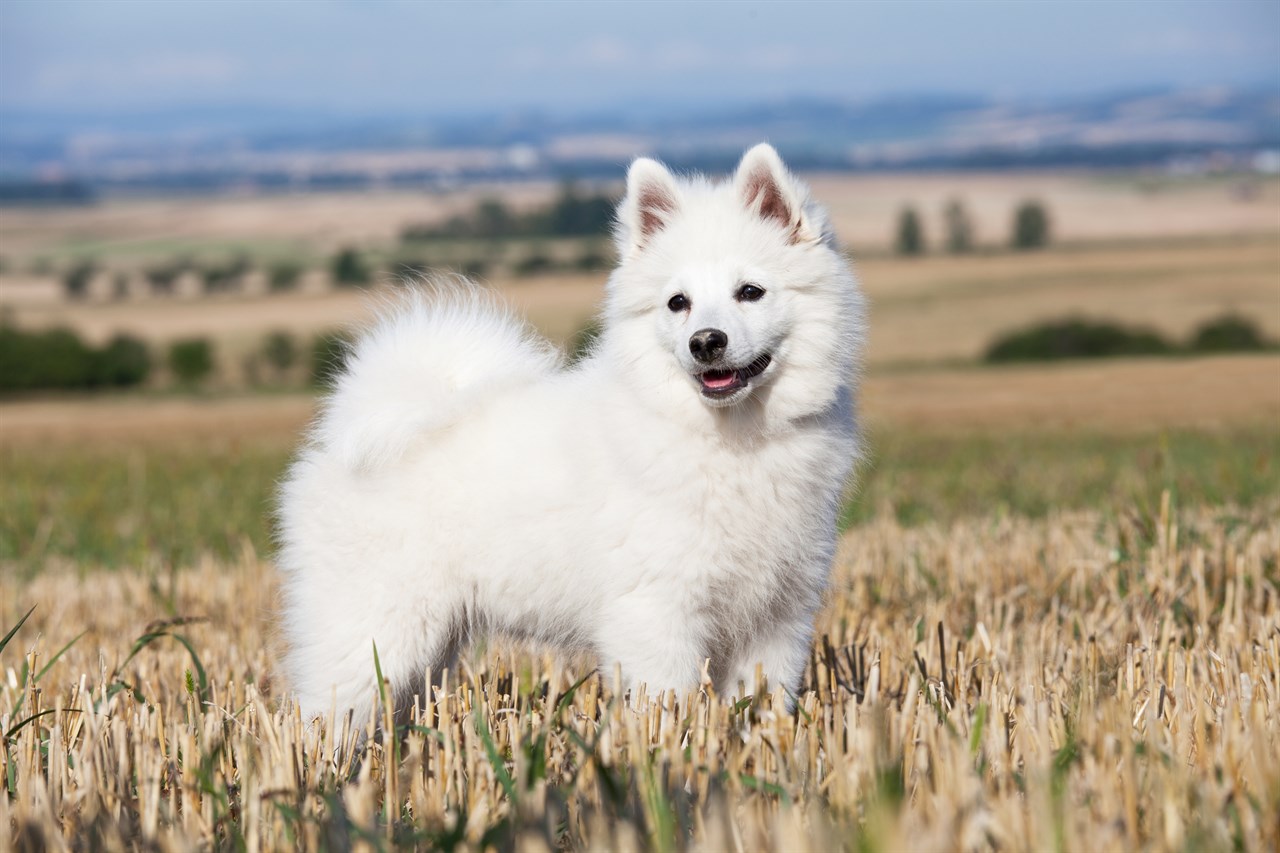Feeding Habits and Food Requirements of the German Spitz

Proper nutrition is vital to the health and well-being of your German Spitz. Understanding their feeding habits and dietary needs is crucial in ensuring they lead a happy and healthy life.
Daily Feeding Requirements
The specific amount of food your German Spitz needs can vary based on factors such as age, activity level, metabolism, and overall health. As a general guideline, most German Spitz dogs require approximately 1/2 to 1 1/2 cups of high-quality dry dog food per day, divided into two meals. However, it's essential to consult with your veterinarian to determine the right portion size for your individual dog.
Age-Related Considerations
- Puppy Stage: German Spitz puppies require a special puppy formula that provides the extra nutrients needed for growth. They typically need to be fed more frequently, with four meals a day being common until around 3 months of age.
- Adult Stage: Once your German Spitz reaches adulthood, you can transition to feeding them two meals a day. Choose a dog food formulated for adult dogs with appropriate protein and fat levels.
- Senior Stage: As your dog enters their senior years, their activity level and metabolism may decrease. Consider transitioning to a senior dog food formula, which typically contains fewer calories to help manage their weight.
Dietary Considerations
- Protein: Look for dog foods with high-quality animal-based protein sources such as chicken, turkey, or fish. Protein is essential for maintaining muscle mass and overall health.
- Fat: Ensure the dog food contains a moderate amount of healthy fats. Fats provide a source of energy and support skin and coat health.
- Carbohydrates: While carbohydrates are not as essential for dogs as they are for humans, they can be a source of energy. Opt for dog foods that include easily digestible carbohydrates like brown rice or sweet potatoes.
- Avoid Fillers: Avoid dog foods with excessive fillers such as corn, wheat, and soy, as these may provide little nutritional value and can be difficult to digest.
- Portion Control: Be mindful of portion sizes and avoid overfeeding, as obesity can lead to various health issues in German Spitz dogs.
- Fresh Water: Always provide your German Spitz with access to fresh, clean water. Proper hydration is crucial for their health.
- Treats and Snacks: Limit the number of treats and snacks to prevent excessive calorie intake. Use treats for training and rewards but do so in moderation.
Special Dietary Considerations
Some German Spitz dogs may have specific dietary requirements or sensitivities. If your dog has allergies or intolerances, consult with your veterinarian to select an appropriate diet that meets their needs.
In summary, feeding your German Spitz a well-balanced and appropriate diet is essential for their health and longevity. Consult with your veterinarian to determine the best feeding plan for your individual dog based on their age, activity level, and specific dietary needs. Providing high-quality food and proper portion control will help ensure your German Spitz maintains a healthy weight and enjoys a happy, active life.
German Spitz puppies for sale
- Find German Spitz puppies for sale in ACT
- Find German Spitz puppies for sale in NSW
- Find German Spitz puppies for sale in NT
- Find German Spitz puppies for sale in QLD
- Find German Spitz puppies for sale in SA
- Find German Spitz puppies for sale in TAS
- Find German Spitz puppies for sale in VIC
- Find German Spitz puppies for sale in WA